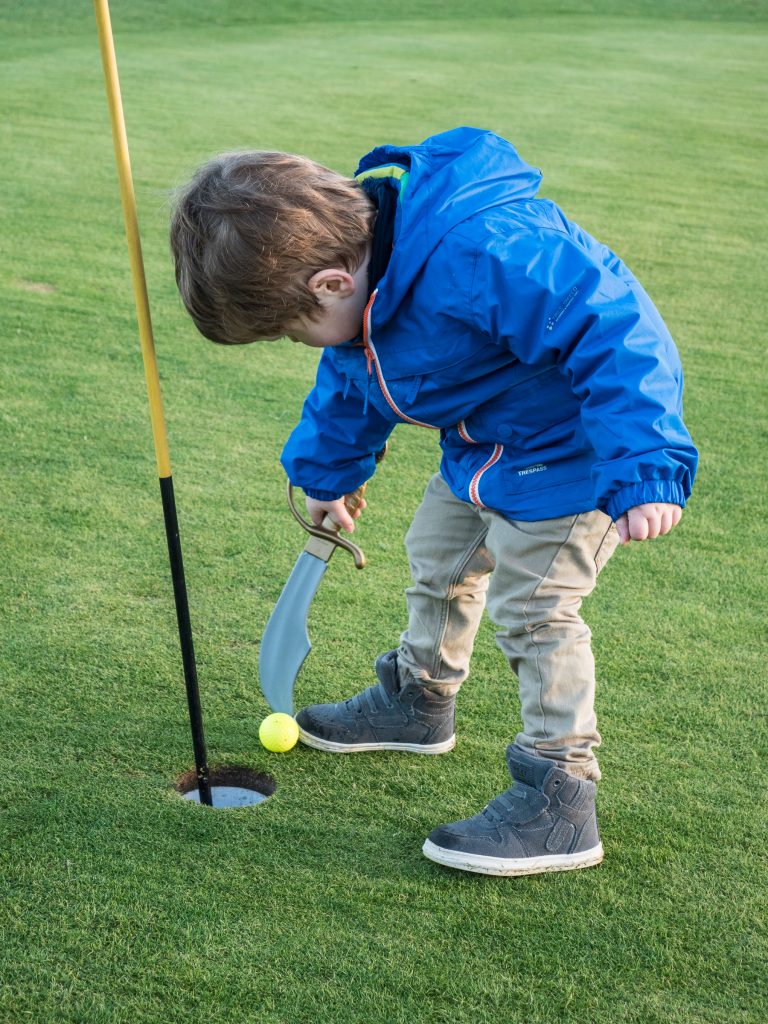Following on from my previous blog about how gender stereotypes in the early years may be feeding the issues we see around male violence against women, I thought it might be useful to share a few suggested ways that we may be able to work with young children, and boys specifically, in ways which might challenge some of the gender stereotypes fuelling this and other issues.
Representation matters
Seeing versions of yourself and your reality is an important thing for every child. However it is equally as vital that they see a variety of examples of ways of being which challenge traditional stereotypes and allow them to see that anything is possible for them. For young boys it is critically important that from an early age they understand that there are many ways to be a boy and a man and that they do not need to conform to traditional notions of masculinity. This is not to say that we should be teaching boys that toughness and strength for example are negative qualities, however we want boys to know that there are a whole range of qualities and ways of being which are just as important, valuable and acceptable for them.

Use Resources to Provoke Conversations
We know that there are some brilliant resources and books out there which show sensitive and caring boys and which can be used to present a new narrative about masculinity, and of course if you can get a hold of these brilliant. But we can also use our existing resources to provoke conversations about gender stereotypes and roles. When reading stories or singing rhymes we can play around with them, change gender roles, ask the children if they noticed, how it felt, or why certain characters act in certain ways. If we can start talking with children about gender stereotypes then maybe we can give them the awareness and ability to challenge them as they grow.
Create opportunities for boys to talk
We will all have heard the whole stereotypes about men not talking. This is a narrative that needs challenged for so many reasons. We know that given the right conditions even men who were raised to conform to this stereotypes can and do talk. Because of the continuing pervasiveness of this stereotype we need to ensure that young boys are provided with a different narrative – one which encourages them to talk, to describe their thoughts and feelings, and to understand and name a range of emotions. The early years is a great time to do this. We know the effort that goes into emotional literacy work in nurseries for example. We would encourage early years practitioners undertaking this valuable work to pay attention to how children, and perhaps in particular young boys, engage with these lessons and what would help them to get the most from them.
Discipline – What messages are you sending?
We need to consider how we challenge behaviour in children. Are we sending different messages to boys about what we expect of them – the “boys will be boys” stereotype is often used to excuse or minimise boys behaviour, whereas girls are expected to be more mature and well behaved so may be held to a higher standard. This stuff matters and has an impact.
You
And finally the most important resource we have to hand is ourselves. As adults in the lives of children we can role model care, respect, friendship and healthy and respectful relationships. We need educate ourselves around this stuff. It is my experience that once someone has been on our training, or something similar which really digs into the why’s and how’s of reducing gender stereotypes, they feel both compelled to act, but also confident around which actions might make a difference to our boys, and to all children.